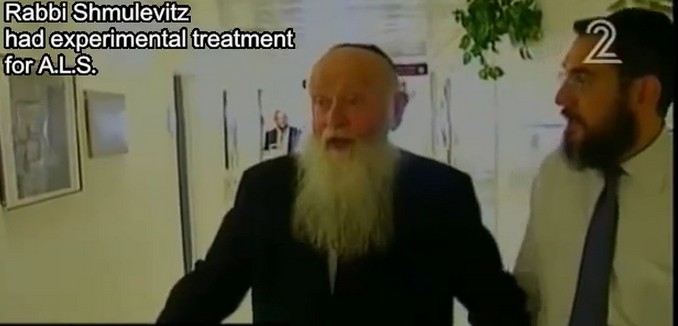Last month, BrainStorm Cell Therapeutics, an Israeli bio-technology startup announced two major milestones: the company received a patent from the United States Patent Office its autologous stem cell technology called Nurown and it entered into an agreement with Massachusetts General Hospital to hold a Phase II clinical trial of Nurown.
An autologous transplant is when a patients own cells are harvested and later reinjected back into the patient. In this case, stem cells are taken from a patients bone marrow and treated with Nurown technology to transform or “differentiate” them into “specialized, neuron-supporting cells.” These cells should then be able to help restore neural connections in nerve cells that have been damaged by disease. Nurown is thought to be a future cure for neurodegenerative diseases like Amyotrophic Lateral Sclerosis (ALS) or Lou Gehrig’s Disease, Parkinson’s Disease and Multiple Sclerosis.
Pending FDA approval, Brainstorm plans to hold Phase II clinical trials at Massachusetts General Hospital along with University Massachusetts Memorial hospital and the Mayo Clinic in 2014.
“We are excited to be taking the final steps towards FDA approval and the U.S. trial launch,” said Chaim Lebovits, President of BrainStorm. “It is a privilege to be collaborating with Professor Merit Cudkowicz, Chair of Neurology at Massachusetts General Hospital, Professor of Neurology at Harvard Medical School, and leading expert in the field.”
“It is encouraging that stem cell treatments are now in development for people with ALS, and we are eager to begin this trial with BrainStorm’s unique approach,” commented Merit Cudkowicz, M.D., Principal Investigator at MGH.
While the Nurown technology appears to be safe with no serious side effects, its efficacy has not yet been proven.
However in one dramatic case the Nurown treatment appears to have temporarily reversed the effects of ALS, in a 75 year old rabbi. Rabbi Refael Shmulevitz of Jerusalem was treated for his diagnosis of ALS and another neurological disease. The effects of the treatment were reported in the journal, Muscle and Nerve.
At 1 month after transplantation, the patient and his family reported significant improvement in cognition, speech, and muscle power. He was able to walk at least 20 meters without any support. The dysarthria improved to the extent he was able to clearly deliver a speech to an audience.
Eventually, the effects of the first treatment wore off and Rabbi Shmulevitz was given a second treatment, which again alleviated his symptoms. There is still no cure for ALS, however Nurown appears to show some promise at slowing the disease’s progress.
There are other impressive Israel innovations in biotechnology. British Prime Minister Cameron announced a major research and development deal with the Israeli pharmaceutical giant Teva to fight dementia. Also several Israeli universities have partnered with major American universities to develop and market new bio-technologies.
[Photo: Brainstorminvestors / YouTube ]




